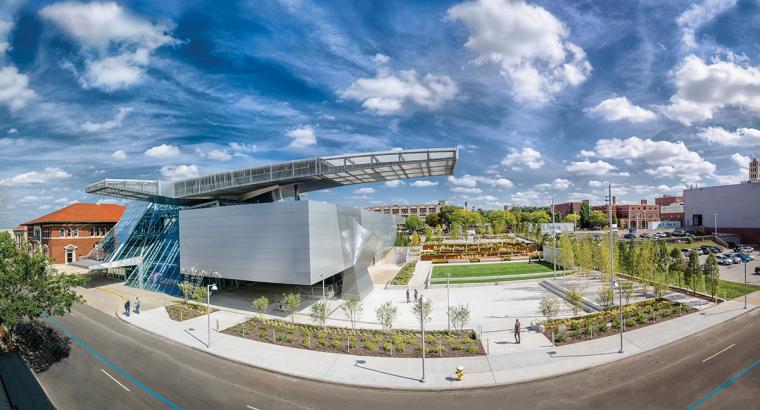
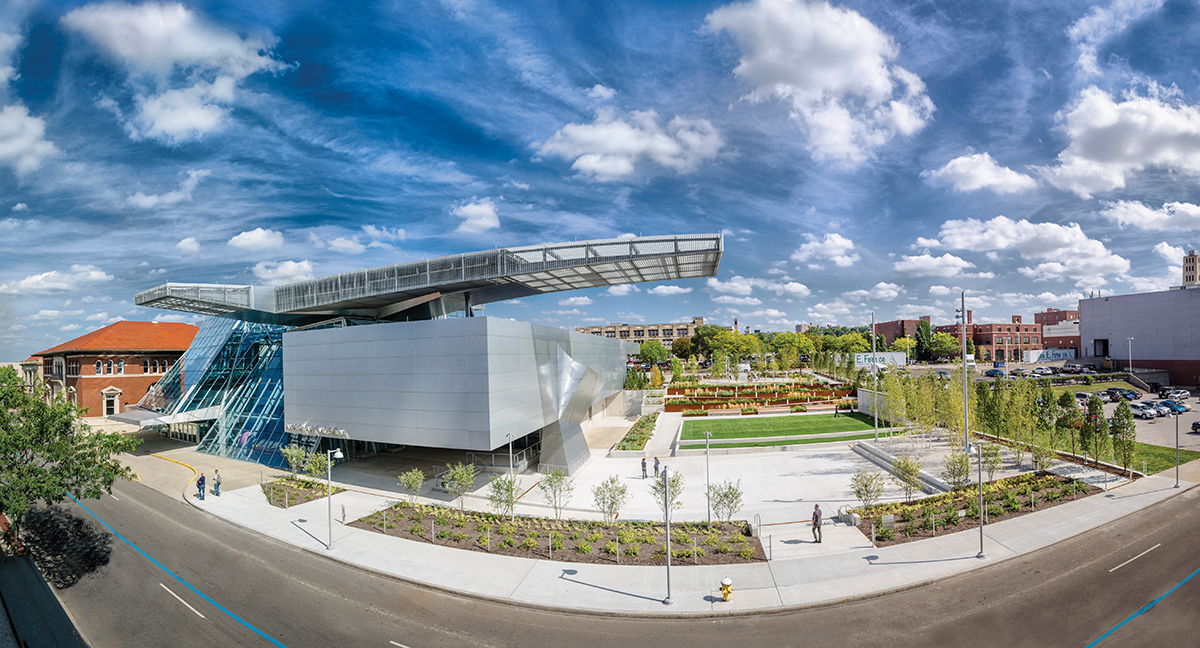
Therefore, it’s imperative to spend as much time as it takes to create a RFP that clearly identifies and communicates your requirements, goals and expectations. As an event-rights holder, ensure that you’re including the following information in your RFP or that you’re updating existing documents to include these important details.
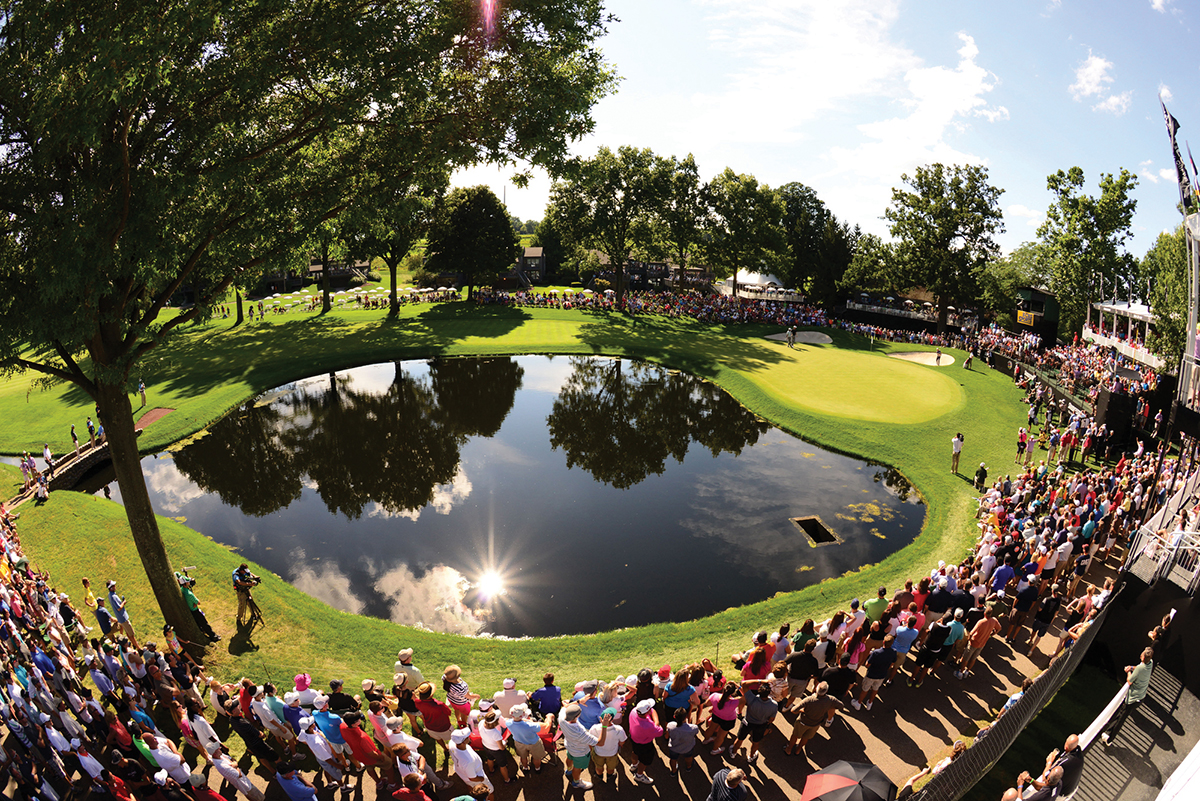 RFP: The Plot
RFP: The Plot
It might seem obvious, but your RFP needs to include the sport you’re planning to host. Traditional sports may only require a basic description. Conversely, if you’re thinking about producing an event featuring a less-known, emerging sport – say, Spikeball – your information will need to be more descriptive. The level of competition should also be indicated and could include youth, amateur, collegiate and/or pro. Remember, subsets exist within each of these (i.e., U8) and should be defined. Depending on these factors, destinations may or may not be able to accommodate your event as it relates to the caliber and capacity of their venues.
Including the format of your event is important, too. A bidding destination will need this information as they evaluate your needs and timeline. Events can be a single game or match, a tournament with multiple elimination rounds or something that falls somewhere in between. Whatever your case may be, this information will be vital in determining the viability of a destination as it relates not only to dates, but to the venues you’ll need.
Seasonality is a factor you will also need to define. Outdoor venues are more likely to be impacted by the mood swings of Mother Nature, but general destination accessibility can also be affected. In addition to the time of year, express your availability to move about geographically. Ideally, you’ll have the freedom to consider spots across the country, but if you’re up against any type of limitation, your RFP must explain the reason or reasons.
Specify your desired date(s) or potential date ranges. In some instances, non-compete date windows may be in place. For example, the World Golf Championships Bridgestone Invitational’s date in Akron had to be changed to allow golfers to comply with the parameters of competing in the 2016 Summer Olympic Games. Although these circumstances tend to be the exception, it’s beneficial to your planning to consider any possible conflicts. Simply put, your RFP might not pass beyond a cursory review by the destination if they already have other events on their calendar.
Last, but not least, be very clear if you require a bid fee from the destination, sports commission and/or host agency. Explain the fee and any other financial requirements, and indicate if there is room to negotiate or barter – keep in mind that in-kind services can quickly add up and represent a substantial investment in your event by the host community partners.
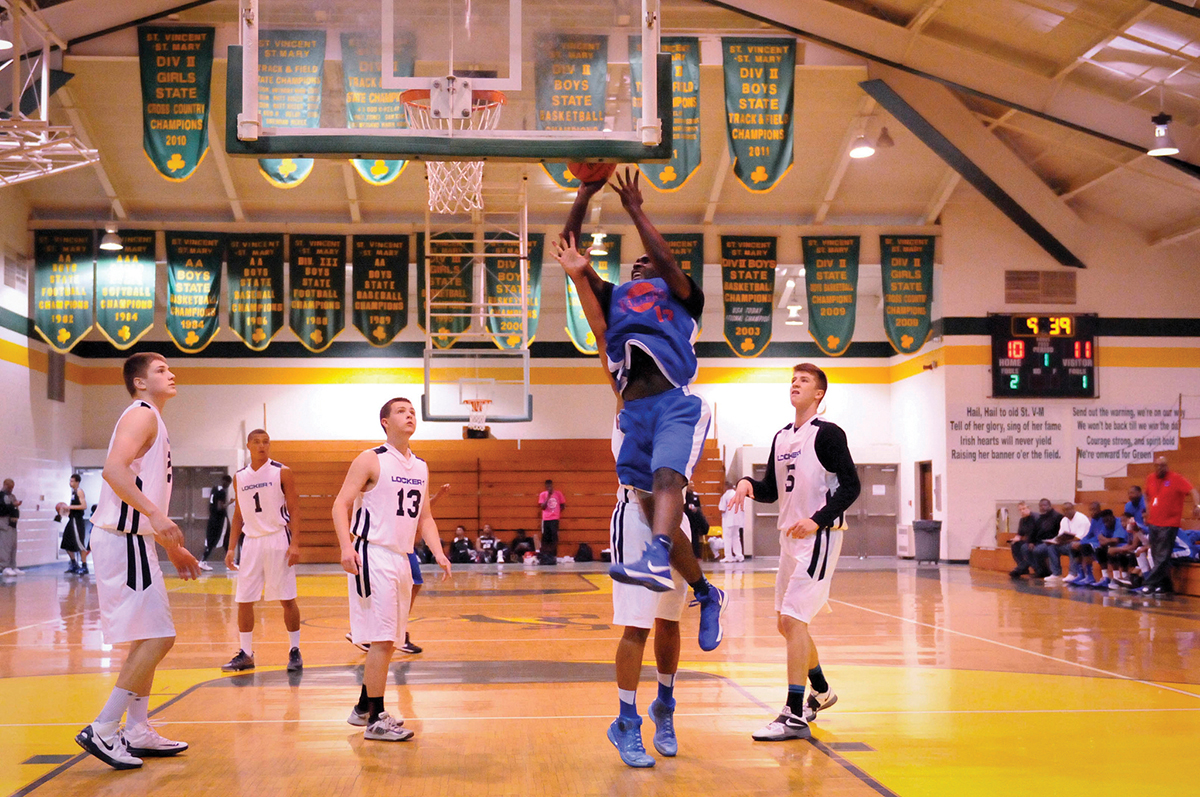 RFP: The Cast & Crew
RFP: The Cast & Crew
Let’s turn our focus to the ‘stars’ of your event and the people who support their efforts before, during and after the competition clock ticks its final second. The more information you can provide about your athletes, the better. Athletes might be classified by age: youth, high school, collegiate, amateur, senior or pro. Any specificity beyond these basic ranges would be important to include. Determining the number of competitors is a RPF must-include. Similarly, an estimate of spectators is a number you’ll want to share. Remember to calculate traveling-with-the-athlete family and friends, while also estimating how many local, in-destination onlookers will be attending your event to share in the excitement.
As suggested, there are many people who will lend their talents and expertise to your event’s planning and production. Within your RFP, indicate any special requirements or requests from the destination as it relates to any or all of the following: coaches, trainers, officials, governing bodies, medical personnel, equipment vendors, media representatives, security, volunteers and other support services.
RFP: The Sets & Locations
Indoor. Outdoor. Man-made. Naturally occurring. Providing detailed venue requirements is the foundation upon which your RFP will rest. Our country boasts sporting facilities of all shapes and sizes. With the right information, they can be matched beautifully with the equally diverse roster of events celebrating athleticism and the spirit of competition. The landscape upon which sports is played includes iconic metropolises and lesser-known communities – each poised to leverage their assets in collaboration with your goals. Explain what you need: courts, fields, lanes, courses, roadways, pools, lakes… you get the drift, right? Remember that ‘dimensions’ often factor into the venues that are available in a destination vs. what you’ll require. And for larger events, make sure to communicate your willingness to use multiple locations. For example, it could be that the number of basketball courts needed to host 600+ teams (which is the case in Akron for the annual Dru Joyce Shooting Stars Classic) are located throughout a reasonably navigable footprint of only several miles. Your flexibility – within reason – could serve your overall event facilitation and budget well.
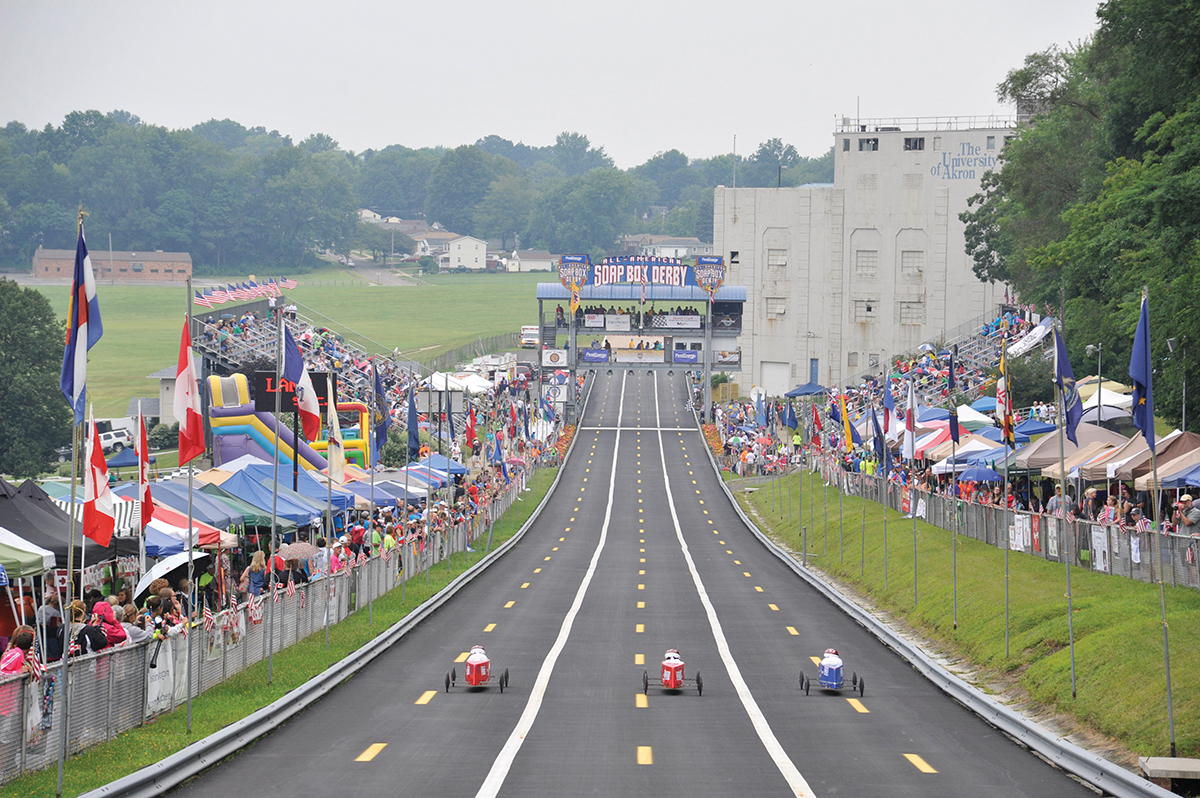 RFP: The Craft Services
RFP: The Craft Services
Producing successful and memorable sporting events can be a daunting task. Never lacking in equally critical details, you’ll always be the beneficiary of a thoughtful and excruciatingly detailed plan of attack. Attack might seem like a harsh word, but during your event, when you’re being pulled in several directions (even the smallest fires need tending), you’ll be asking yourself, “Could I have avoided this aggravation with better planning?” Nine times out of 10, the answer is a sobering, yes!
But here’s the beauty of a detailed RFP: you can anticipate potential snags with an outline that lets you see the bigger picture. Taking some liberties with the ‘craft services’ analogy, this might include more than just food and beverage; it could mean accommodations, audio/video systems, transportation and entertainment.
When you outline your requirements for overnight accommodations, include: earliest arrival date, latest departure date, peak room night estimate and how these numbers might be impacted by the format of your event (remember, some events have elimination rounds, which are likely to see defeated teams/athletes depart the destination). Indicate your hotel rate/range – include a list of amenities that might be deal breakers, if they’re not available – and if you’re going to do so, mention your intention to use a third-party housing bureau service.
Regardless of why and where we travel, some of our fondest memories from the experience are about the food we ate. Whether it’s a formal celebratory banquet, evening dine-arounds or unique culinary offerings at the venue (i.e., local food trucks), pay attention to how you plan to flavor your event with food. If you provide a basic outline, any astute destination will take this schedule and eagerly offer an array of delicious ideas. Provide a budget for the formal meals, while encouraging your attendees to bring along enough dough to satisfy their appetites on what should be iconic, local fare.
If required, your RFP should include details about audio/visual services. If you’re going to broadcast your event (i.e., online, radio, television), you may need local vendor services to accomplish it. The destination team will have vendor contacts, if you’re not already traveling with the tools and infrastructure. Local transportation services will also be an integral part of your event, if you’re moving your athletes/fans around the community. If you outline your needs, the destination team will work on your behalf to identify vendors and/or possible locally sponsored transportation options.
For the sake of brevity, let’s group everything and anything ‘uniquely fun’ about a destination under the term entertainment. If you have prior knowledge of a destination’s attractions and points of interest, request information about their possible use during your event. When Akron BMX hosted the USA BMX Buckeye Nationals, event organizers were able to use Derby Downs (home of the FirstEnergy All-American Soap Box Derby World Championships), one of the most iconic sports venues in the U.S. – when bike racers traded their two wheels for a Soap Box Derby car to race the track. These types of experiences are waiting to be discovered in cities and small towns throughout our great land. If you’re dedicated to producing the best possible event, take the necessary extra steps to collaborate with your destination team – together you can infuse your visit with unexpected excitement, memory making and positively lasting impressions. For us in Greater Akron, we’re always suggesting the Akron Art Museum, Akron Zoo, Stan Hywet Hall & Gardens, Hale Farm & Village, Akron Civic Theatre or Cuyahoga Valley National Park/Scenic Railroad.
RFP: The Product Placements
How many times have you noticed a ‘conspicuously lingering shot’ on the cup of Starbucks in the actor’s hand? The technique of product placement in the movies has risen to an art form for financially invested companies interested in leveraging their wares and services. The same could be said about the logos, banners, P.A. announcements and tchotchkes your generous event sponsors employ to make ‘their impression’ on participants and fans.
Sponsors are vital; in most cases, events would simply not take place without the generosity of their dollars, in-kind services and promotional support. Consider every aspect of your sponsors’ needs as it relates to all phases of your event planning. Understand and include in your RFP their requirements at: sporting venues, hotels and ancillary locations. Do you need to arrange for retail sales space? Will there be any type of concession outlet? Make finding the answers to these questions a top priority. The time it takes you will be well spent – generally speaking, it’s easier to nurture and develop sponsor relations over time than it is to always be on the hunt for the potentially not-sure-thing. Happy sponsors, happy life.
RFP: The Reviews
You’ve submitted your well-crafted RFP. It contains everything but the kitchen sink. You’ve done a great job telling bidding destinations what you need. Now, it’s their turn to get to work. To ensure a mutually beneficial partnership – honestly, that’s what this whole process is all about – the destination will methodically compare the RFP with its assets. Like a critic’s review of the movie creating the biggest buzz, the destination (on your behalf) will measure the likelihood of producing the award-winning event you’re imagining. It’s collaboration at its finest, for at the end of the day (or tournament) neither party wants to be panned by the ‘real critics’ – your athletes, their family and friends and event stakeholders.
Like you, the bidding destination will have criteria against which they will evaluate your RFP. Some items are incredibly basic: availability of dates, adequate venues, sufficient accommodations and the ability to fulfill other required services. Once these basics have been confirmed, the tasks of reviewing/validating the history of your event with previous destinations, while also calculating a reasonable return on investment will be underway. Each destination will define these latter criteria with their own measurements. The resources that will be under consideration are financial and personnel-related.
As an event planner, you have time and money limitations – the same is true of destinations. Once a destination expresses interest in your event, the real conversation begins. As long as you and the destination team remain open, honest and forthcoming about ‘everything,’ the chances are overwhelming that you’ll be on the right track. Mark my words, if a destination can forge a new relationship with you or continue nurturing one that’s already well established, they will work hard with each and every RFP to create ‘that’s-one-for-the-record-book’ strategies you’ll implement together. If you’re old enough to remember – let’s settle for nothing less than a Siskel & Ebert two-thumbs up. SDM

